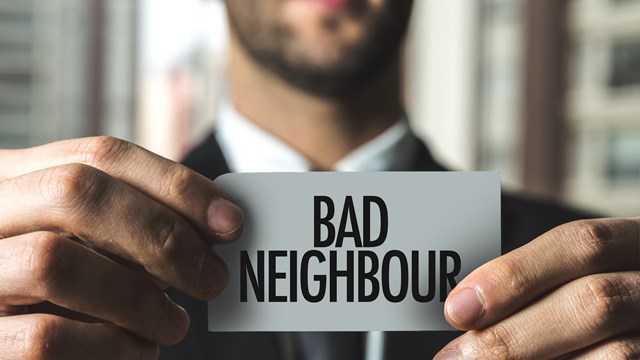—Honorable Homeowner
“A fiduciary duty arises out of a position of trust, which is why board members owe their members a fiduciary duty. Board members are trusted with managing the finances of the corporation. A fiduciary has an obligation to those whom he serves to act in good faith and in the unit owners’ best interests. A fiduciary owes the unit owners his undivided and unqualified loyalty and may not act in any manner contrary to the interests of the unit owner. A person acting in a fiduciary capacity is required to make truthful and complete disclosures to those to whom a fiduciary duty is owed and the fiduciary is forbidden to obtain an improper advantage at another's expense. These restrictions and obligations are placed on every board member or director. Unit owners are not held to this same standard because there is no position of trust in which they are placed as against their neighbors.
“Unit owners are simply required to comply with the building's governing documents and ordinary principles of law, such as negligence or housing maintenance codes. They can be sued by the board for breaching those obligations, such as, by creating unreasonable noise, allowing garbage to accumulate in the apartment or failing to pay maintenance. In addition, neighboring unit owners may have the right to get an injunction against a neighboring unit owner who has created a nuisance that interferes with their peace and quiet. But unlike a fiduciary, a unit owner is not barred from profiting at another unit owner's expense. For example, one unit owner who happens to be a real estate broker can act as the sales agent for another unit in the building, even though a board member, in his fiduciary capacity, may well have a conflict of interest in the same situation.”







Leave a Comment